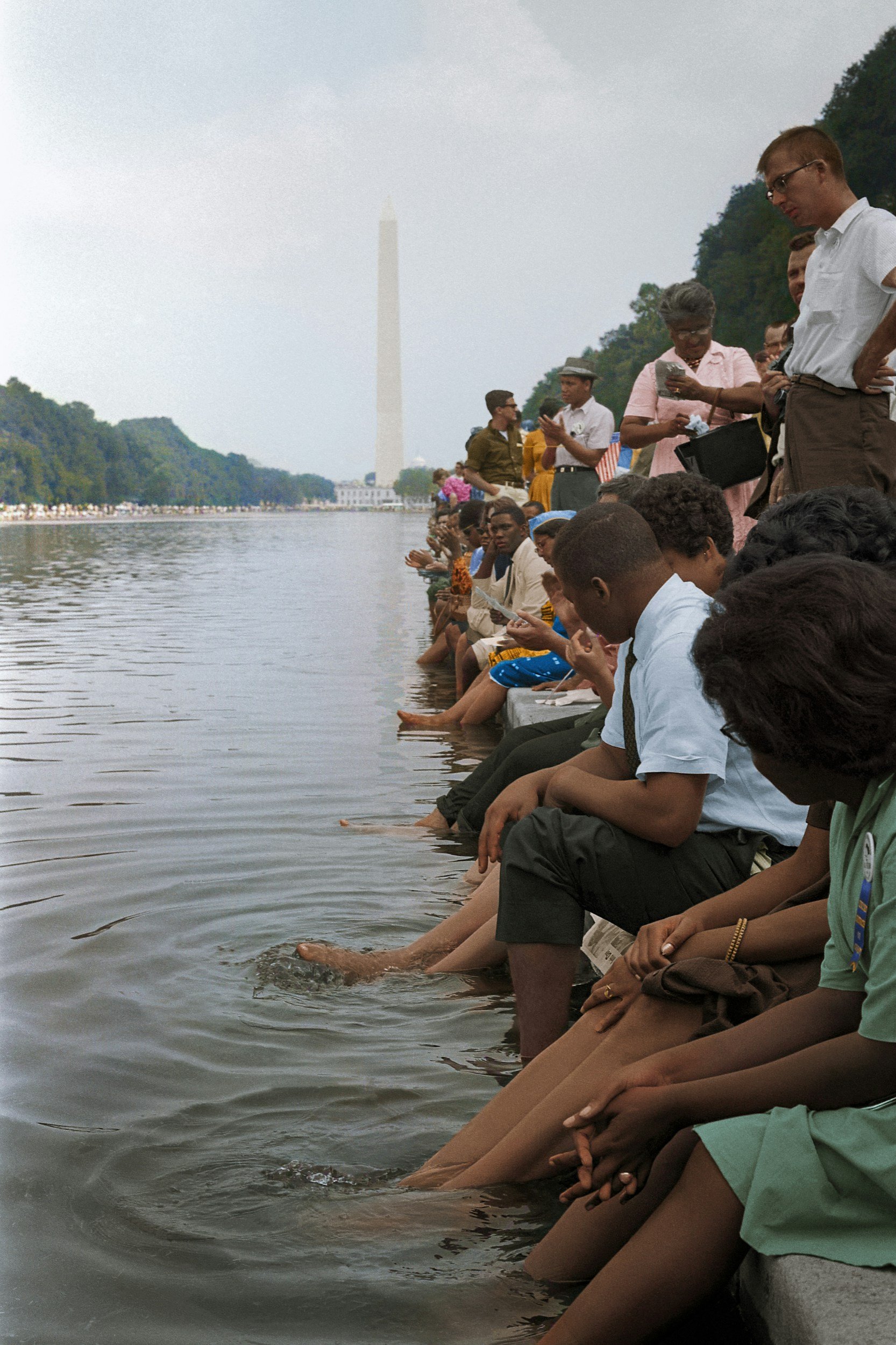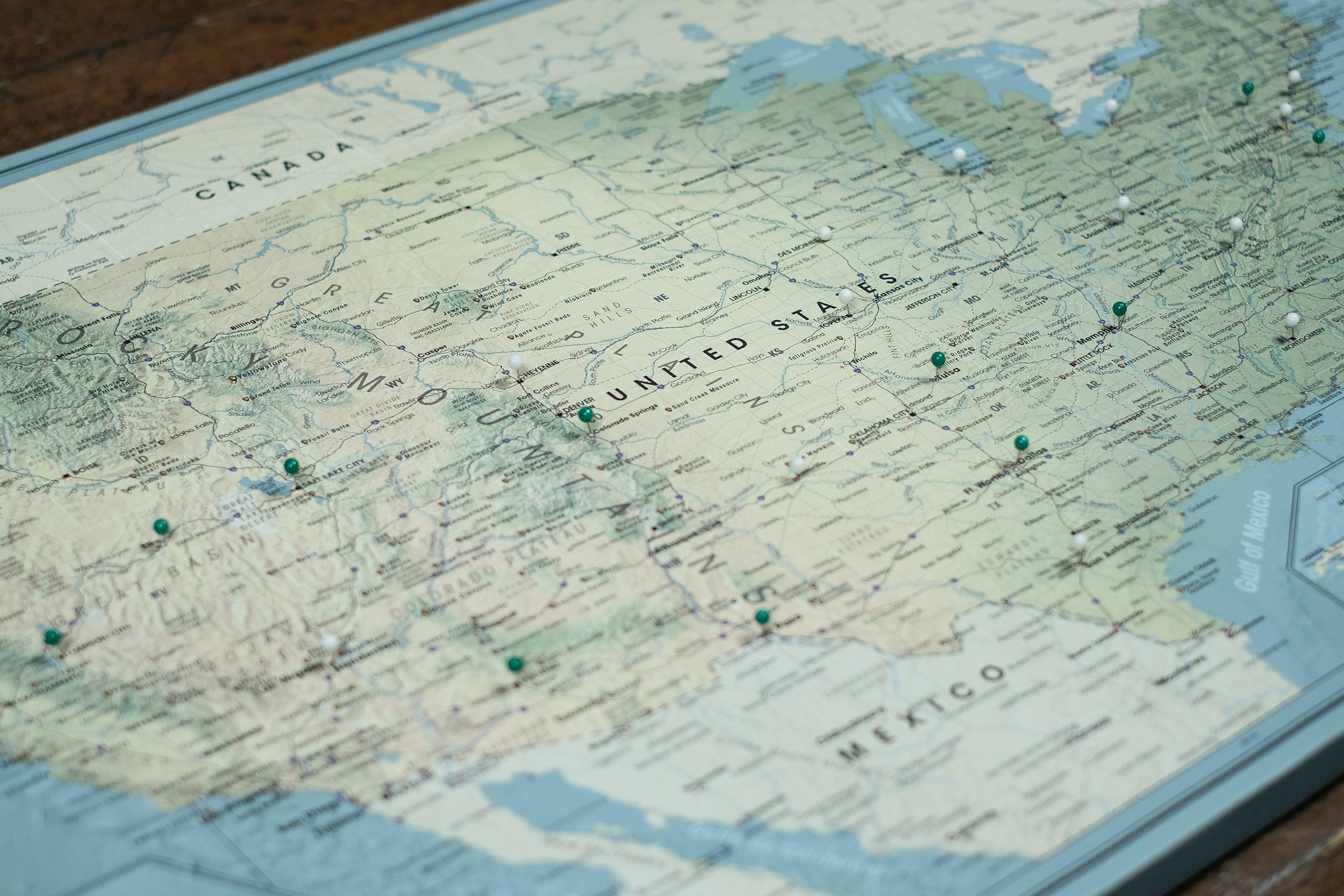We visit black history sites to learn, gain perspective and foster empathy.
The Black History Travel Guide explores the locations around our country that are related to the struggle for racial equality that begins when slaves were first brought to America via the Jamestowne Colony in Virginia all the way through the Black Lives Matter Movement in 2020. The stories held in these places, both told and untold, are vital pieces of our shared American history and necessary to experience for our shared societal dialogues.
Prior to the Revolutionary War, slavery was legal in all thirteen original colonies and the Boston African National Historic Site in Massachusetts teaches us that slaves first arrived in that city as early as 1638. This sad chapter in American history did not end until President Lincoln’s Emancipation of Proclamation and the passage of the Thirteen Amendment to the U.S. Constitution which abolished slavery in 1865. It took the American Civil War to reach this point but the fight for equal rights had just begun. The Reconstruction Era National Historical Park in South Carolina, established by President Obama in 2017, highlights the period after the war.
Black history sites are across our country, the sites featured on this site tell the most compelling stories that preserve our Black history. There are well known locations like the Martin Luther King, Jr. Memorial in our nation’s capital – the first national monument in D.C. that honors an African American – to the Levi Coffin Home in Indiana that is celebrated as “the Grand Central Station of the Underground Railroad.”
All the places listed are open to the public and maintain an active web page. Some have high visitor interest such as the National Museum of African American Music in Nashville. Others are destination spots such as the Muhammad Ali Museum and Center in Louisville, Kentucky. For many sites we have included other sites that are close by to aid in travel planning.
Why Visit these historic sites?
I learned as a boy the value of going to our nation’s most historic locations. Touring George Washington’s Home at Mt. Vernon and the Gettysburg Battlefield expanded my education well beyond the classroom. But I also started to understand there was another side to that palatial estate atop Mt. Vernon, the story of the slaves who were brought there against their will.
From the horrors of slavery to the fight for racial equality, the journey of African Americans includes remarkable stories of courage that remain hidden from public view. After ten years of research, I developed a list of the most significant sites where visitors can learn first-hand about the individuals who helped change the course of history like Harriet Tubman and how she led runaway slaves to safety.
Some might ask why feature plantations that forced slaves to work the land. It is critical to understand the cruel realities of slavery especially in light of some history revisionists who have suggested that slavery was “a jobs opportunity.” Nothing could be more outrageous and, like the Holocaust, we must never forget this stain on America’s journey.
It is more important than ever to protect and preserve these sites as collectively they face multiple threats – everything from federal and state budget cuts to the impacts due to climate change. Progress is often slow and it is our responsibility as Americans to honor those who have sacrificed so much to advance the cause that we are all created equal.
- Peter Wellenberger, Researcher

Additional resources to continue to learn
Explore by Topic
-

Black History
-

Sports & Music
-

Slavery
-

Struggle for Civil Rights
-

Underground Railroad

Explore by State
